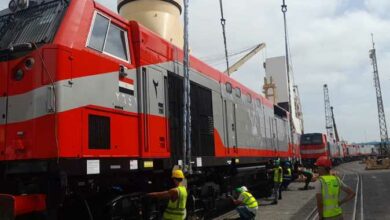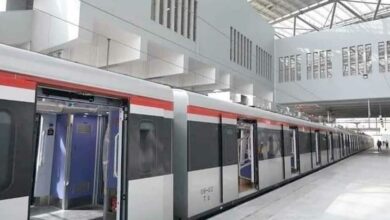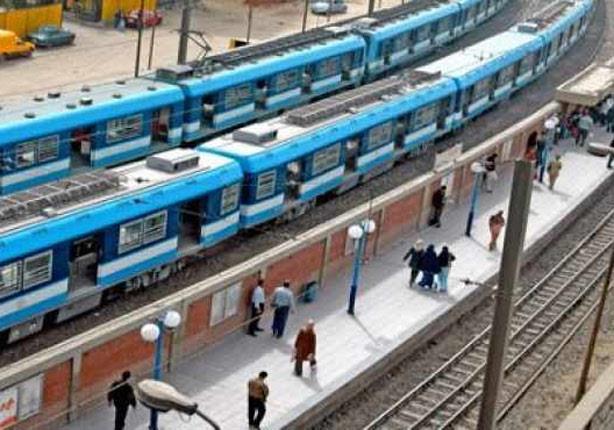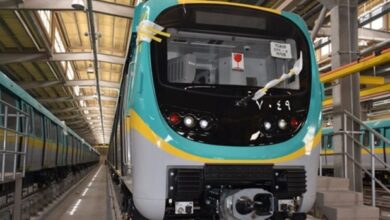Refaat Arafat, head of the independent trade union for Shubra al-Kheima metro workers, said he was summoned by security forces Wednesday on charges of hindering work, along with Bahaa Motawei and Ibrahim al-Sayyed, members of the union’s executive board.
According to a statement from the Center for Trade Union and Workers’ Services, Arafat said the metro workers’ intention to strike was announced a week ago. He added that he and his colleagues exercised their rights as provided by the law and international agreements. He warned that the metro workers would go back on strike if he or his union colleagues were harmed by police.
Cairo metro workers gradually started resuming work Wednesday after the company chairperson resigned, one of their key demands, state TV reported, adding that other demands such as salary increases would be discussed.
For nearly four hours, train services were completely shut down as workers protested against Ali Hussein, chairperson of the metro’s Board of Directors, whom they accuse of corruption and hold responsible for the metro’s poor conditions.
Drivers stopped work at 5 am Wednesday morning. They had earlier threatened to strike after a previous sit-in, during which they called for Hussein’s firing, disbursement of unpaid bonuses, and a drivers’ union.
Hussein submitted his resignation on Wednesday to Transportation Minister Rashad al-Matiny, who accepted it, state-run news agency MENA reported.
State TV added that Matiny has referred Hussein to investigation on corruption charges.
The metro, which started operation in 1987 under former President Hosni Mubarak, is a vital means of transportation in Cairo, carrying over 2 million passengers a day.
Thousands of commuters gathered outside metro stations across the city. In some instances, angry commuters were able to break through the gates closing off entry to metro stops and fought with striking workers, but police intervened to end the clashes.
Residents of Greater Cairo, which includes the Cairo, Giza and Qalyubiya governorates, who depend mainly on metro, were forced to use alternative methods of transportation.
The wave of anger moved from underground to the streets as citizens resorted to public and private buses, which could not handle the number of commuters who normally take the metro.
Metro workers had staged a sit-in in July demanding better living conditions and calling on the president and then-Prime Minister Kamal al-Ganzouri to dismiss the metro’s board of directors.




